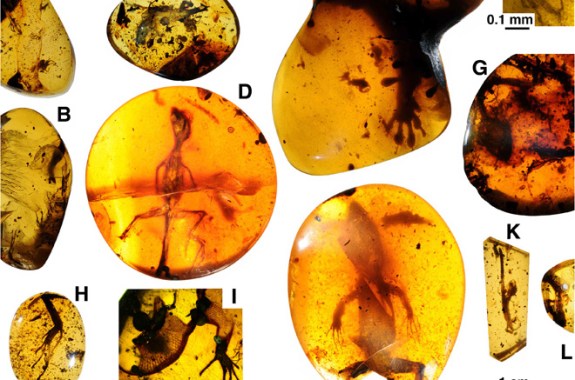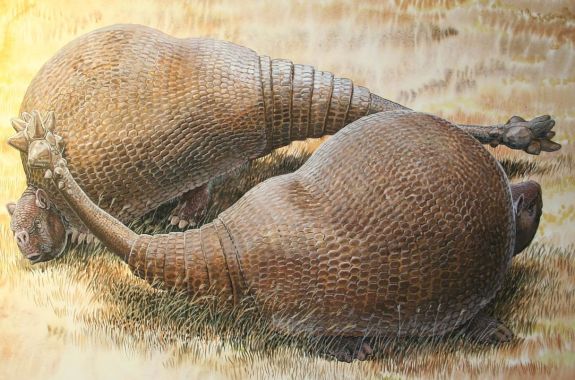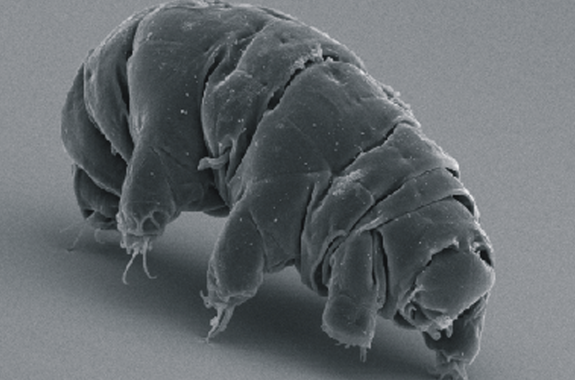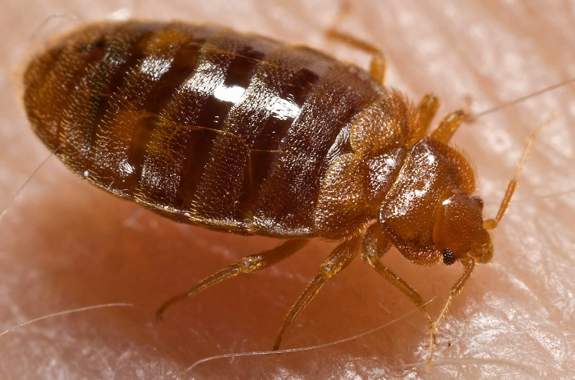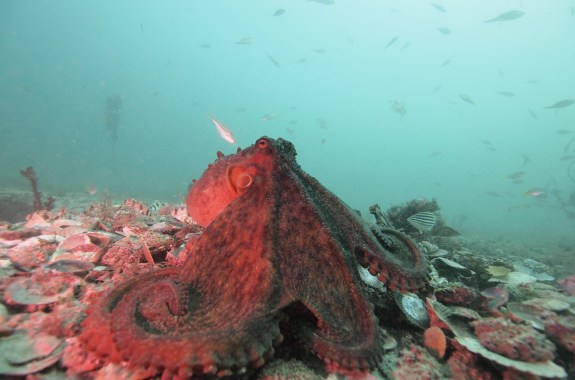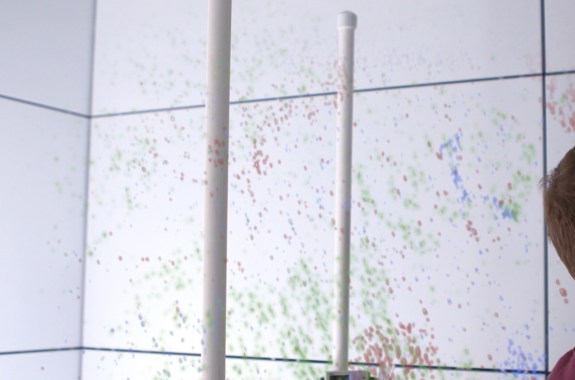As Science Friday’s director and senior producer, Charles Bergquist channels the chaos of a live production studio into something sounding like a radio program. He coordinates in-studio activities each week from 1-4. And then collapses. He also produces pieces for the radio show. His favorite topics involve planetary sciences, chemistry, materials, and shiny things with blinking lights.
Charles has been at Science Friday longer than anyone on staff except Ira, and so serves as a repository of sometimes useful, sometimes useless knowledge about the program. He remembers the time an audience member decided to recite a love poem during a live remote broadcast, the time the whole staff went for ice cream at midnight in Fairbanks, Alaska, and the name of that guy Ira is trying to remember from a few years back who did something with space.
He hails from southeastern Pennsylvania and worked for a while as a demonstrator at the Franklin Institute, Philadelphia’s science museum (favorite devices: Maillardet’s Automaton, the stream table, the Chladni plates). He has a degree in chemistry from the University of Delaware, home of the Fighting Blue Hens, and a master’s in journalism from New York University’s Science, Health, and Environmental Reporting Program. However, he attended the program prior to the addition of ‘Health’ to its name, which may explain his slight unease when covering medical topics.
Outside the walls of Science Friday, he enjoys backpacking, camping, cooking not-entirely-healthy things, reading escapist fiction, and trying to unravel his children’s complicated stories.
12:00
DARPA ‘Improv’ Challenge, a Tiny T-Rex, and Plastic Homes for Sea Life
DARPA turns to the crowd to find “off-the-shelf” threats, and a look at how floating plastic waste can provide a home for sea life.
12:11
Uterus Transplant, Missing Lizard Link, and a Sea Level Solution
Failure of the first uterus transplant in a patient in the United States, and an outside-the-box approach to coping with rising sea levels.
11:50
Cancer Immunotherapy, Fear in the Natural World, and Abolishing Time Zones
Fine-tuning cancer immunotherapy and the good and bad of eliminating time zones.
11:53
HIV Prevention, Ancient Armadillos, and Direct-to-Consumer Drug Ads
An HIV prevention tool specifically developed for women. And the potential side effects of direct-to-consumer drug ads.
11:45
Forecasting Financial Crises, Thawing Water Bears, and the Pros of a Big Deductible
Economists look to ecology for inspiration. Plus, the good and bad of a high deductible on your health care plan.
7:28
Malnutrition, and a Battle of the Microbiota
Is malnutrition due to more than just a lack of access to quality food? A “battle of the microbiota” taking place in the gut may play a significant role in health.
11:49
Bed Bug Genome, Zika Virus Update, and Computing Under the Waves
Two teams of researchers mapped out the bed bug genome. Plus, does Microsoft’s idea for underwater data centers hold water?
11:51
Roots of Schizophrenia, Zebra Stripes, and Wind Chill
Scientists discover a clue into the root cause of schizophrenia. Plus, the highs and lows of the wind chill effect.
6:35
Eight Arms That Send a Message
One species of octopus uses changing coloration and shifting postures to send signals to other octopuses.
4:28
Something’s in the Air—It’s Your Microbial Cloud
Even sitting quietly in a room can generate a personalized cloud of microbes.
